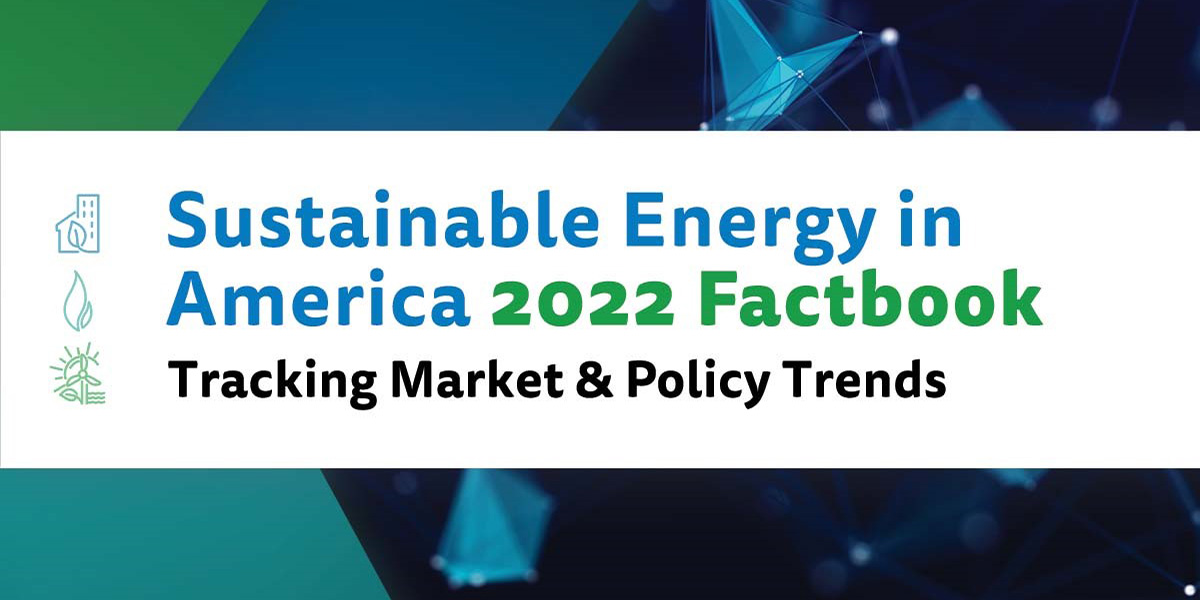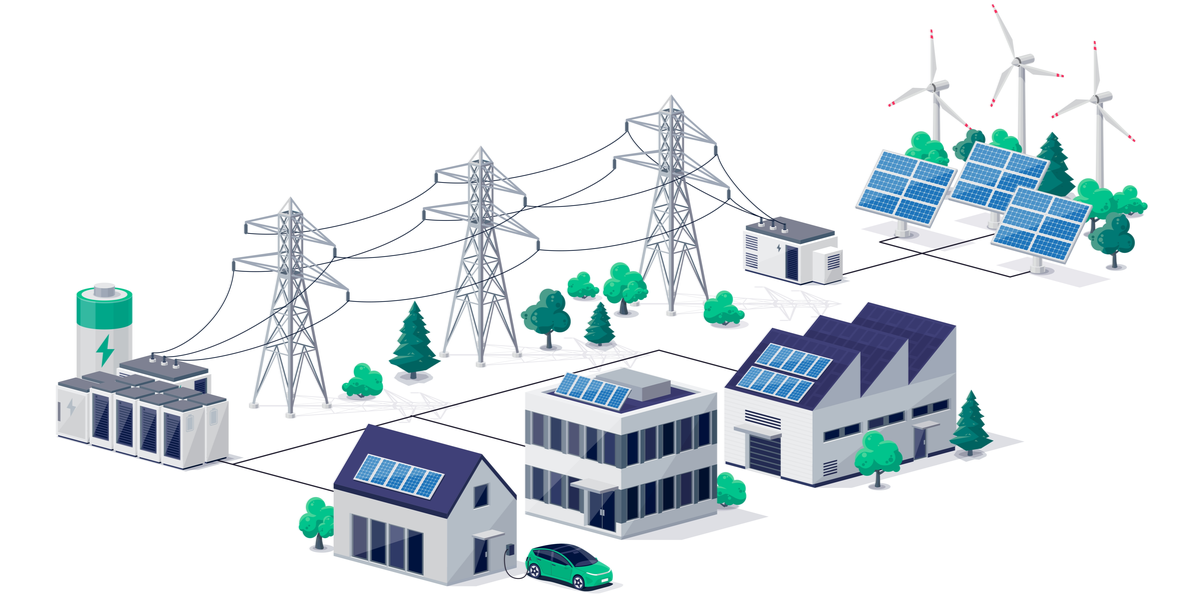Studies Find Energy Efficiency Investments Trending Positive, Programs Reduce Emissions with Minimal Impact on Consumers
Let's Save Energy
Alliance to Save Energy's Blog
Studies Find Energy Efficiency Investments Trending Positive, Programs Reduce Emissions with Minimal Impact on Consumers

Energy and environment communities have remained engaged with the U.S. Environmental Protection Agency and other stakeholders ever since the release of its proposed rule to limit emissions from existing power plants. There have been countless studies on potential impacts of the rule — referred to as 111(d) or the Clean Power Plan (CPP) — along with hearings, events, planning guides and official comment submission.
Many organizations have encouraged efficiency adoption by providing tools that show its impact. The Alliance and the Energy Efficient Codes Coalition recently launched a calculator tool, developed by energy analytics firm ICF International, to empower states to use building codes to meet the requirements of the plan. ACEEE has also planned the release of a series of resources to show how states can take credit for emissions reductions from efficiency. These conversations come before the anticipated finalization of the rule, expected to occur sometime this summer.
The Center for Climate and Energy Solutions (C2ES) has released a paper examining the findings of six economic modeling studies on the anticipated impacts of the proposed 111(d) rule. Overall, C2ES brings together the findings of these separate studies to highlight the key role efficiency programs can play in minimizing the impact CPP has on consumers and utility companies. In fact, a number of the C2ES studies projected that the average U.S. household will pay less than 25 cents a day if the rule is implemented.
The Consortium for Energy Efficiency (CEE) also recently released its ninth Annual Industry Report documenting trends in the size and impact of energy efficiency utility programs using data collected from efficiency program administrators in the U.S. and Canada. The report found that American and Canadian combined gas and electric demand side management (energy efficiency) program expenditures reached $8 billion in 2013. Overall, the investment in efficiency was found to be stable and trending positive from the previous year. CEE says, “The stability of energy efficiency is a testament to its attractive social and utility benefits.”
The combined findings from C2ES and CEE show that energy efficiency is a cost-effective tool for complying with the Clean Power Plan and reducing emissions, and that utilities are continuing to invest in energy efficiency programs. This certainly aligns with Alliance’s official comments to the EPA, which encouraged the use of energy efficiency as a major compliance tool for states. As more information is released about the benefits of efficiency programs, the Alliance is hopeful it will encourage states to continue to invest in this valuable resource.
STAY EMPOWERED
Help the Alliance advocate for policies to use energy more efficiently – supporting job creation, reduced emissions, and lower costs. Contact your member of Congress.
Energy efficiency is smart, nonpartisan, and practical. So are we. Our strength comes from an unparalleled group of Alliance Associates working collaboratively under the Alliance umbrella to pave the way for energy efficiency gains.
The power of efficiency is in your hands. Supporting the Alliance means supporting a vision for using energy more productively to achieve economic growth, a cleaner environment, and greater energy security, affordability, and reliability.



